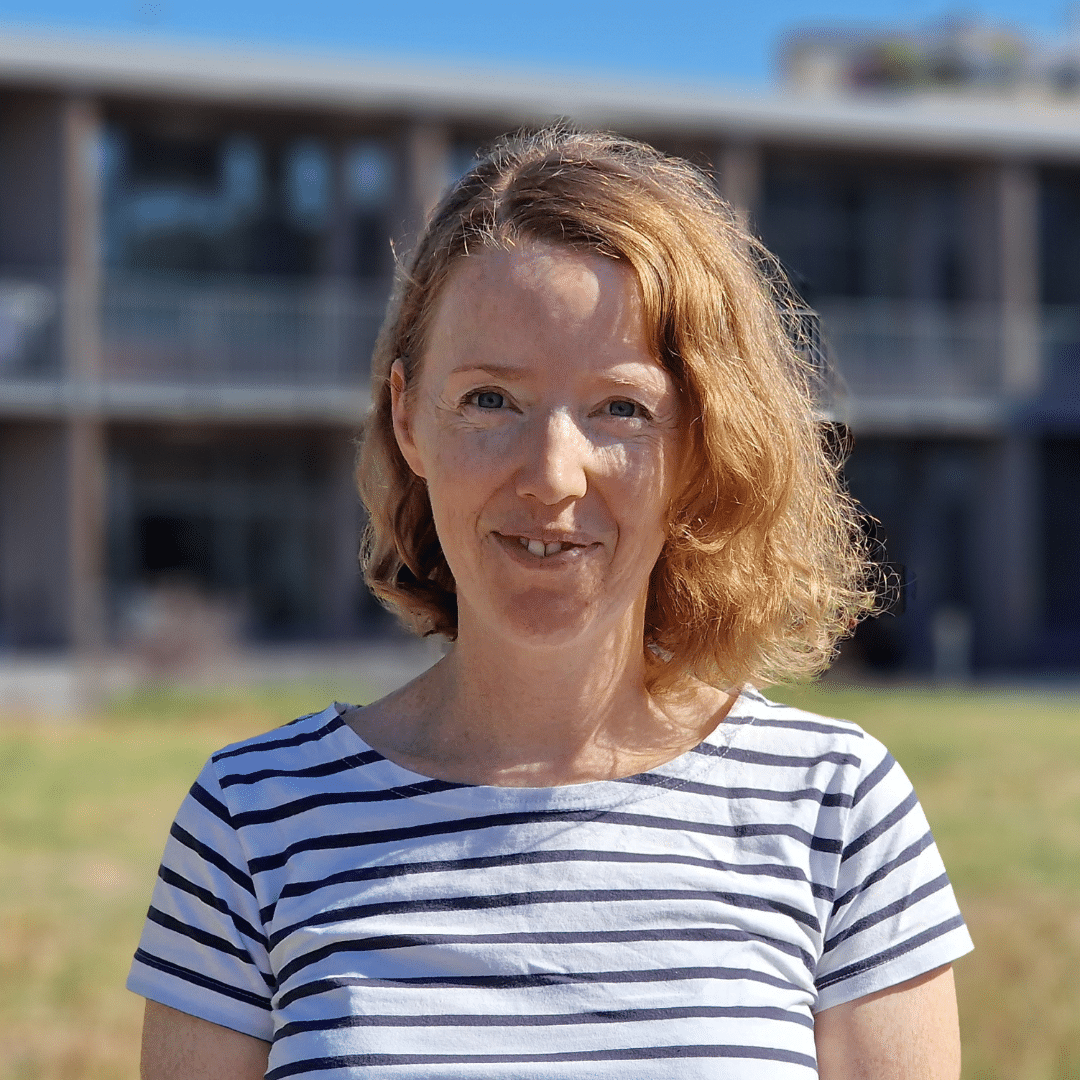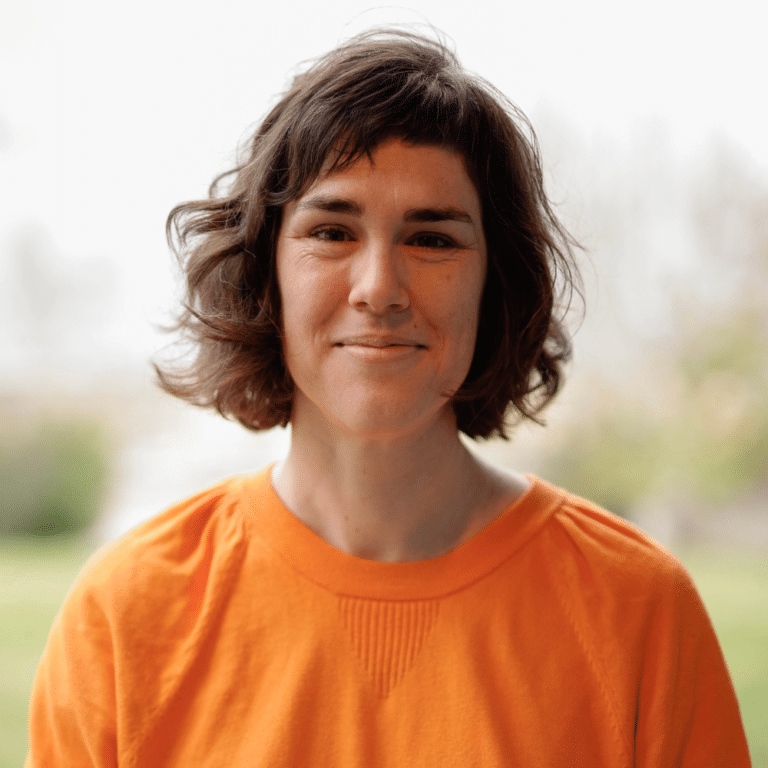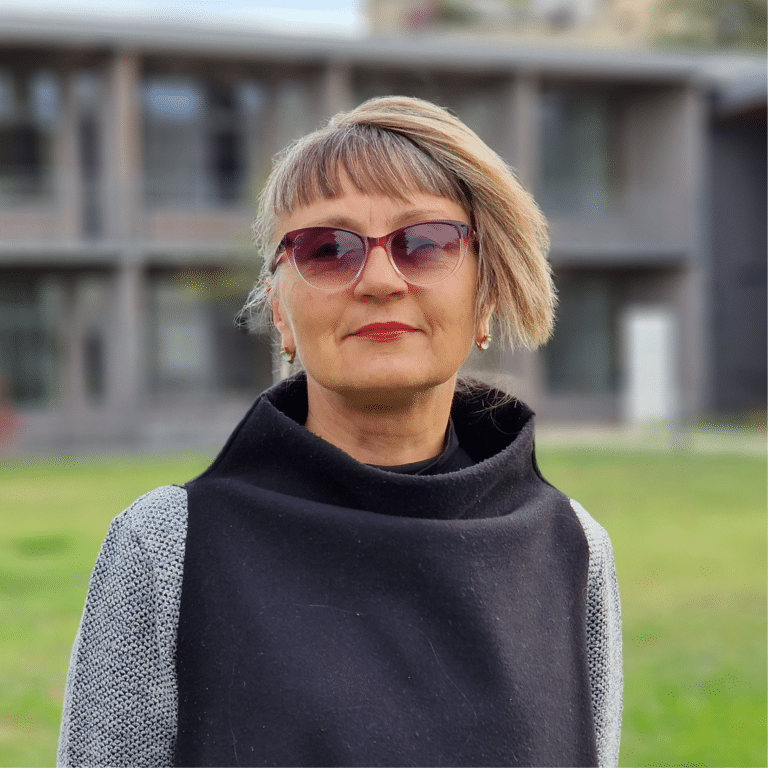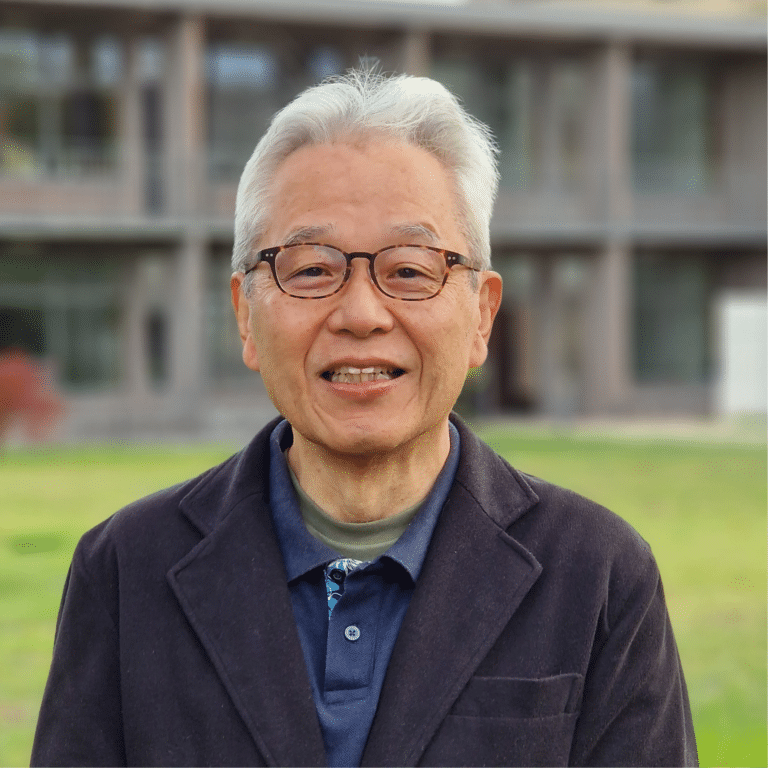
Credit: Timothée Andonian / Iméra
Saskia Abrahms-Kavunenko
Research Project
Always Already Entwined/Impure: Plastics and Religion on Christmas Island
Summary of the research project
The project led by Saskia Abrahms-Kavunenko at Iméra, the Institute for Advanced Study of Aix-Marseille University is entitled “Always Already Entwined/Impure: Plastics and Religion on Christmas Island”. It will explore how people on Christmas Island, an Australian external territory in the Indian Ocean, understand the inundation of plastic materials on their beaches and the ubiquity of plastic usage in their lives. Although an increasing number of plastics have been made to be used and discarded as if they were essentially ephemeral, plastics have a materiality that stubbornly persists. By looking at how people use and are inundated with plastic items, this project will investigate how the inhabitants of Christmas Island view their autonomy and/or enmeshment in a world where plastics effortlessly cross boundaries, through trade networks and with the currents of the Indian Ocean.
The Social Lives of Plastics
Since the 1950s when industrial scale production of plastics began, around 9 billion tonnes of plastic have been produced. Each year around 300 million tonnes of plastic waste is generated, roughly the combined weight of the entire human population. This production of plastic waste shows no signs of slowing down. Plastic production is expected to double in the next 20 years. As well as being used to make relatively durable objects, in 2015 around 47% of plastics were designed for single use.
Christmas Island as a Unique Case Study
On Christmas Island temporal cycles are partly defined by the monthly arrivals of packaged food on ships and the bi-weekly arrival of planes carrying fresh food, locals, workers, tourists, and medicine. The Lunar calendar determines deep temporal connections for the local Chinese and Malay communities, including marking Hari Raya and Ramadan and Chinese New Year and festivals that make offerings to the island’s ancestors and to those trapped in the realm of the hungry ghosts. As the rainy season begins and following the cycles of the moon, the red crab migration sees around 60 million endemic red crabs move across the island to mate and lay their eggs. This crab migration last for two months, changing life on the island.
When the monsoons of Indonesia subside, the dry season strengthens the “Indonesian Throughflow” ocean current determining how much plastic waste the currents will bring, to inundate the island’s eastern beaches. Much of the waste floating up on Christmas Island’s beaches are single use: including packaging for instant noodles, water bottles and single use water cups. More well-used items including toys, flip flops, fishing rope, and toothbrushes are part of the waste that travels on the ocean currents to find themselves on the beaches. While the island’s human inhabitants depend on imported packaged food that comes wrapped in plastic and in plastic-lined tins, its wildlife is disrupted by the inundation of plastics on beaches. These can, for instance, physically block turtles from being able to dig into the sand to lay their eggs and also affect the sex of their offspring by changing the heat of the sand.
Saskia’s project at Iméra will enable her to engage recent fieldwork on Christmas Island. During her time at Iméra she will further investigate the social and material ramifications of lives lived amongst plastics, the lives of us all.
Biography
Dr Saskia Abrahms-Kavunenko is an anthropologist and the author of Enlightenment and the Gasping City. Her work is situated at intersections between environmental changes and cultural praxis, in multi-scalar and trans-species contexts. She has carried out extensive research on Buddhism and other religious traditions in Mongolia, Australia and India, particularly as they relate to uncertainty, pollution, and the more-than-human world. She is currently a Research Fellow within the Center for Contemporary Buddhist Studies at the University of Copenhagen. Her research project ‘Impermanent – Imperishable: Plastics and Praxis among Buddhists in Oceania’ looks at how Buddhists in Oceania relate to radical permeability and toxicity amidst the changing ecosystems on the planet. Dr Abrahms-Kavunenko has carried out research projects at The University of Edinburgh, The University of Erfurt, New York University Shanghai and The Max Planck Institute for Social Anthropology. She is the co-founder of Cenote, a travelling multi-disciplinary residency program.



